If you are one of the millions of football fans across Europe settling down to enjoy the delayed Euro 2020 football tournament, which players and teams will you be cheering on? Which of them best ‘represents’ you? Our home nation is the obvious choice for most fans, or we will adopt a nation that we can identify with if our own nation has not qualified. The anticipation and buzz of excitement that precedes one of the home nation’s football matches at an international tournament is everywhere. Speculation about the team’s chances of success, which players will be selected for the next match, injury updates and so on will dominate media coverage. In England, there is likely to be a widespread display of the St. George’s Cross flag adorning homes, cars and pubs and featured across numerous advertising campaigns drawing on national insignia to associate themselves with the national team. For the English it is all about England, right? Elsewhere in the UK, it is also likely that we will see the Scottish and Welsh national flags shared proudly among the fans.
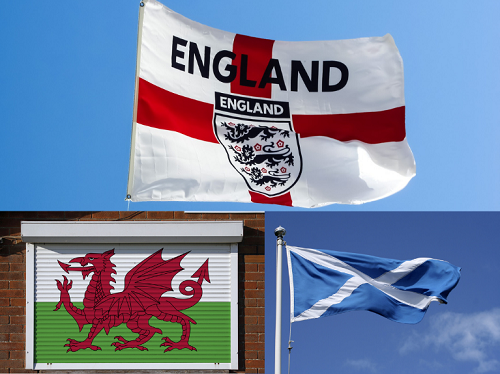
It's England, right?
... the nation as a source of identity for UK football fans is probably stronger than ever.In a 2007 article I wrote with Tom Gibbons, we emphasised the increasing strength of association with Englishness over the previously dominant Britishness. We identified how the rising display of St. George over the Union Jack was seen to symbolise the wider social and political fragmentation of the British nation. Recently, more powers have been devolved to Scotland, Northern Ireland and Wales and, following the UK formally leaving the European Union in January 2020, ‘Brexit’ has led to even more fragmentation of the British national project. With both Scotland and Wales having also qualified for Euro 2020 alongside England, we can expect to see even more overt associations with these countries that make up the UK. In this respect, the nation as a source of identity for UK football fans is probably stronger than ever.
Club or country?
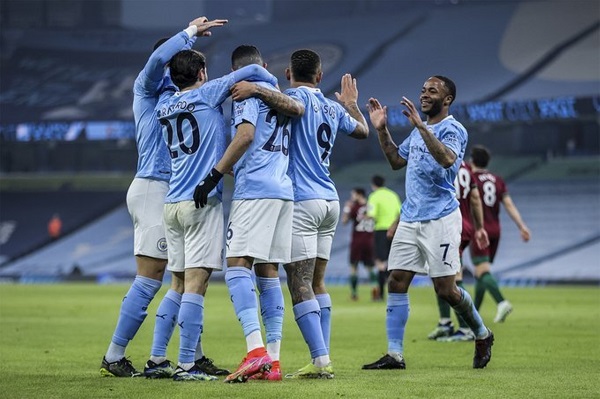
But most football fans follow a club team too – often from a local community to which they have strong personal and/or family ties. Club players and managers at the top end of the professional game are of many different nationalities across the world – and most of them will not be playing for the England team. The 2020/21 English Premier League champions Manchester City FC, for example, won the Premier League with a Spanish coach and a squad containing 12 different nationalities.
Perhaps you will take more of an interest in the performances of your own club players? If you follow Chelsea FC, you are likely to be able to spot your club players in up to eight separate national teams at Euro 2020 – is England your only team to follow? It raises an interesting ‘tension’ between local and national identities among fans. There is a longer history of some fans of clubs like Liverpool FC and Manchester United FC rejecting any association with the England team and, in doing so, emphasising their local identity as being most important to them. A fascinating article on the use of football banners touches on this very point.
Alternatively, there is some evidence that local and national identities can sit quite comfortably together among football fans, particularly among fans of teams lower down the professional leagues. The following quotes from my own research provide examples of dual identities:
Flag — St Georges cross with Sunderland badge. Clothes — I have a polo shirt with both Sunderland and England badges on it.
I have a ten-by-five-foot St George cross with ‘COLCHESTER UNITED’ across the middle that I take to games.
St Georges Cross Flag showing Foxham — where I live — and Swindon Town — my team. Wearing my Swindon Town football shirt to all games.
It will be fascinating to observe the national flags displayed by fans during 2021 to see how many of them also contain this ‘local’ insignia. It is possible that the ramifications of Brexit may have increased a nationalist sentiment to the point that there is a reduced ‘need’ to showcase local identities in this way.
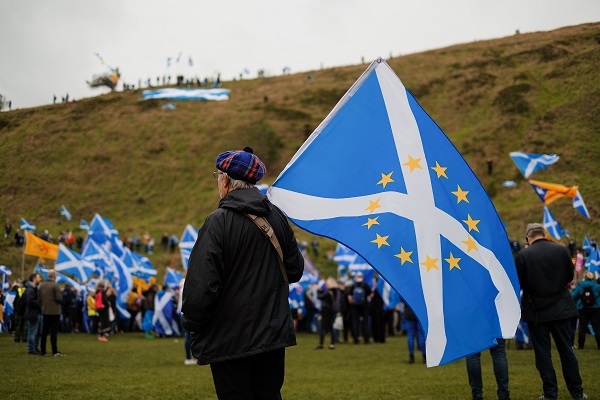
A European, cosmopolitan consciousness?
One way of viewing multi-national tournaments such as Euro 2020 is that they have come to symbolise a celebration of trans-national sentiment, where fans from different nations are brought closer together in a mutual festival of shared interest. This might represent an example of an increasingly globalised, cosmopolitan world where our cultural influences and associations are drawn from well beyond our national boundaries. In addition, there has been an emergence of ‘glocal’, or trans-national identities among fans whose teams regularly compete in European competitions like the UEFA Champions League. Such fans would point to strong associations with European cities such as Barcelona, Madrid, Munich and Paris and felt little connection to national frames of reference.
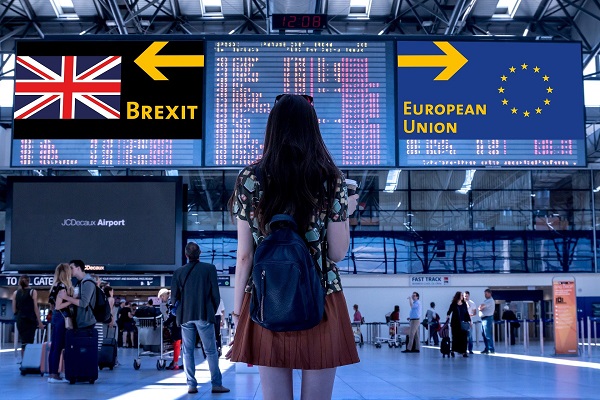
The fall-out from Brexit certainly seems to have put paid to any dramatic expansion of this cosmopolitan outlook, at least among its supporters who have so strongly rejected trans-national politics. It is worth remembering when discussing the influence of Brexit that 48% of those who voted in the 2016 UK/EU referendum sought to remain in Europe. For a considerable number of fans, Euro 2020 is likely to invoke memories of a recent past where identifying with a ‘European’ project – politically and culturally – often sat more comfortably than what being ‘British’ or ‘English’ represented to them.
What does this discussion about football fans tell us about the nature of contemporary identities? Perhaps above all else, it sheds light on the fluid, sometimes contradictory, identifications that sport can provide us with. With anti-European sentiment probably now stronger than ever in England, we are about to sit down and enjoy 3 weeks of continental celebration; out of the EU, and yet London is about to host both the semi-finals and finals of the tournament. You could be supporting your national team while your favourite players are turning out for the opposition.
Whichever way you watch Euro 2020 – crammed around the TV with friends, in a raucous pub or at an outdoor screening or even, for the lucky few, actually being at a match in person – the experience will remind us of the powerful influence that sport has on our lives and how we understand our place within it, be it the local, national and/or continental level.
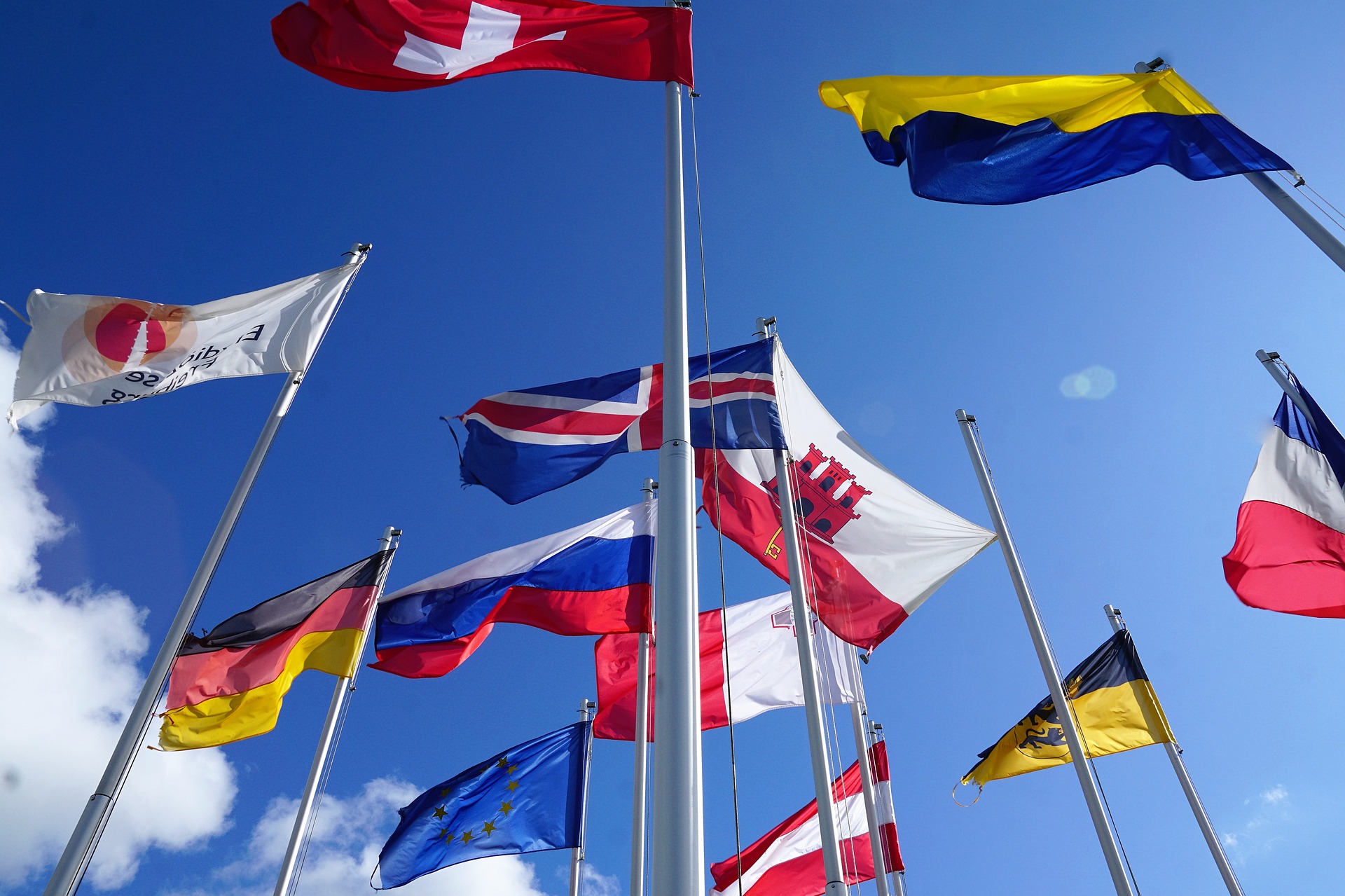






Rate and Review
Rate this article
Review this article
Log into OpenLearn to leave reviews and join in the conversation.
Article reviews